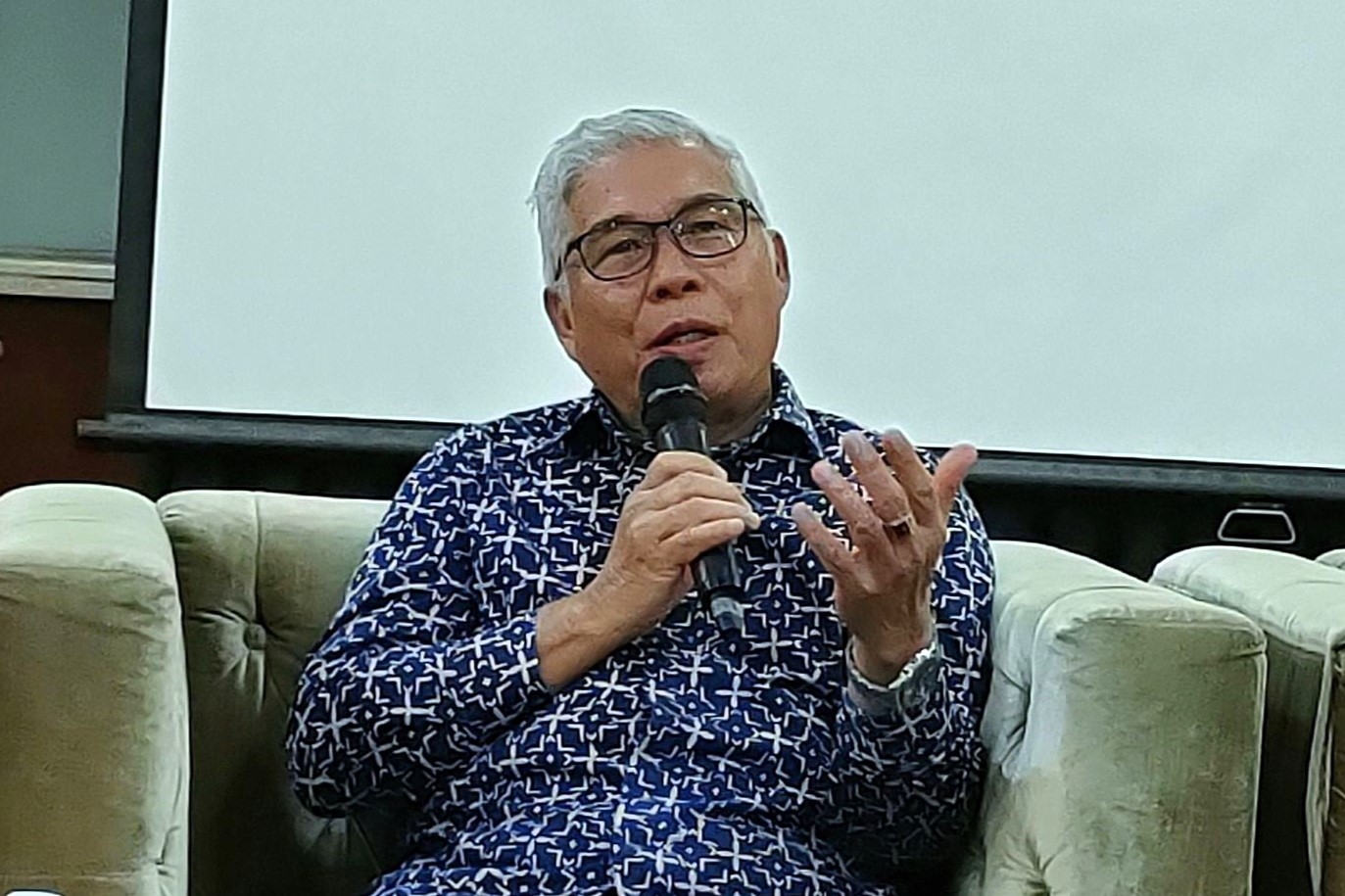KUALA LUMPUR – Pasir Gudang MP Hassan Abdul Karim has called for clarity on Prime Minister Datuk Seri Anwar Ibrahim’s proposal to introduce new legislation allowing home detention as an alternative punishment for certain offences.
In a statement, the PKR lawmaker criticised the lack of detailed explanation, questioning the necessity of such an alternative form of punishment.
“It seems odd. We should be discussing ways to increase national income, steps to reduce government debt, and measures to cut the deficit.
“Which offences would warrant house arrest? Can corruption and criminal breach of trust (CBT) be suitable for house arrest?
“The national budget speech should focus on economic and financial matters rather than law reform or prison issues.
“Is this an early attempt to build public consensus for amending prison laws to soften sentences, limiting them to house arrest for certain elites?” Hassan asked in his statement.
It is believed that he was alluding to the possibility that the government may intend to allow former Prime Minister Datuk Seri Najib Razak, who is currently serving his sentence at Kajang Prison for corruption, to be released from incarceration.
“I hope the prime minister and the Madani government focus on the country’s economy and finances. Any new act introducing home detention will definitely face opposition from the public and MPs if it appears to be a means of giving privileges to certain elites, allowing them to serve sentences through house arrest.
“I urge the prime minister not to pursue this regressive agenda,” Hassan added.
Yesterday, Anwar, who is also finance minister, during the tabling of Budget 2025 in Parliament, said that the law allowing home detention would apply only to certain crimes.
Under the proposed law, offenders would be required to remain at a designated location deemed suitable by authorities, such as a residential home, care centre, or workers’ dormitory, for the duration of their sentence.
In March, Home Minister Datuk Seri Saifuddin Nasution Ismail said that the government had agreed in principle to implement the licensed release of prisoners through home detention for those serving sentences of four years or less.
Saifuddin explained that the move is part of efforts to reduce prison overcrowding. He added that his ministry would examine whether amending existing laws would suffice or if a new law would be necessary under the authority of the Prisons Department director-general or the Home Ministry.
Saifuddin later refuted claims that the introduction of home detention was intended to facilitate house arrest for the incarcerated Najib.
Najib has alleged that a supplementary order was issued by the 16th Yang di-Pertuan Agong, alongside his sentence reduction by the Pardons Board, allowing him to serve the remainder of his jail term under house arrest.
Najib has since appealed the Kuala Lumpur High Court’s decision to reject his application for leave to pursue a judicial review, which he had filed in an attempt to enforce the purported supplementary order. – October 19, 2024


